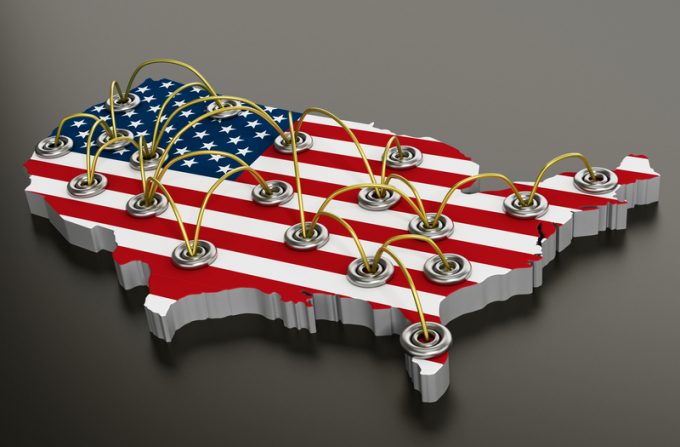Amazon pushes into LTL for small package fulfilment and UPS does a u-turn
Amazon ended speculation about a foray into the LTL sector with an offering for inbound ...

The man who led the creation of Amazon Air is now bent on building a parcel network for e-commerce to outperform the integrated carriers’ capabilities.
And founder and CEO Scott Ruffin is armed with a $4.9m cash infusion for his venture, called Pandion.
He said service problems at UPS during the 2013 peak season led to the decision of Amazon management to build up its own capacity to fly parcels, and the 2019 peak season brought a similar problem to the rest ...
Outlook for container shipping 'more uncertain now than at the onset of Covid'
Transpac container service closures mount
Zim ordered to pay Samsung $3.7m for 'wrongful' D&D charges
Flexport lawsuit an 'undifferentiated mass of gibberish', claims Freightmate
Shippers warned: don't under-value US exports to avoid tariffs – 'CBP will catch you'
Cancelled voyages take the sting out of spot rate declines this week
New Houthi warning to shipping as rebel group targets specific companies
Blanked sailings in response to falling demand 'just a stop-gap solution'


Comment on this article